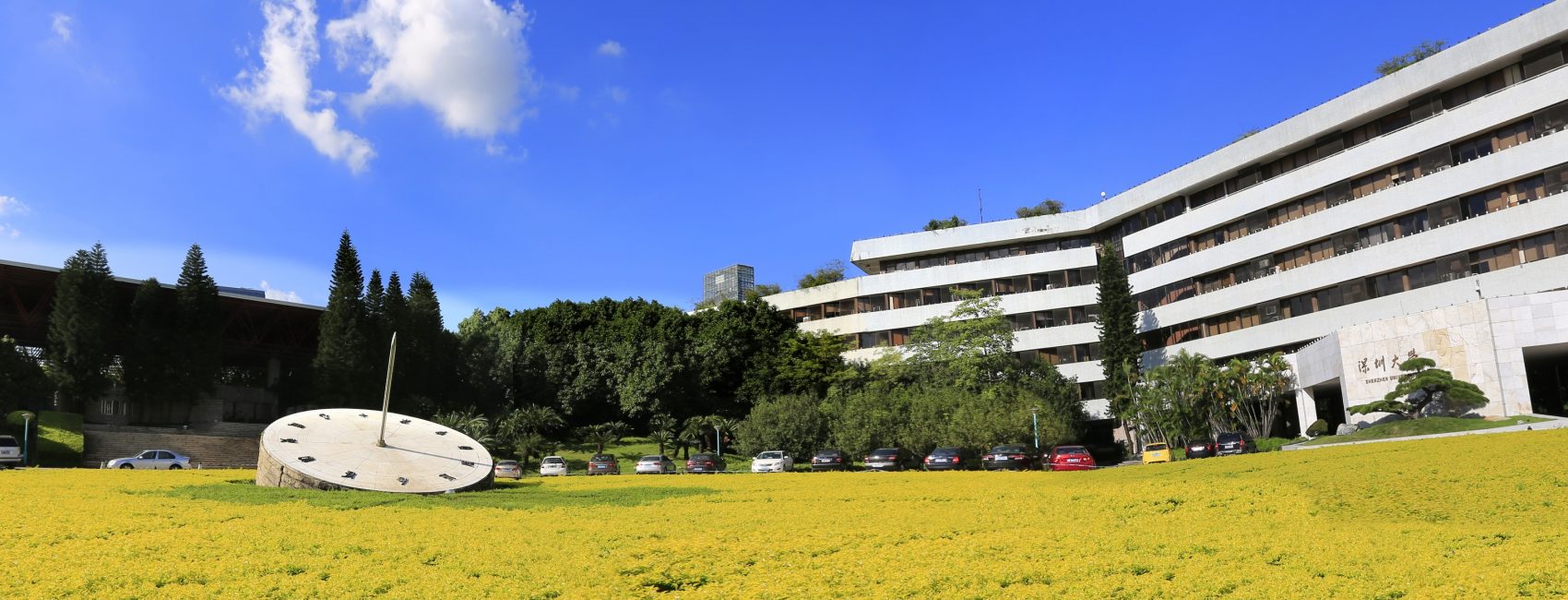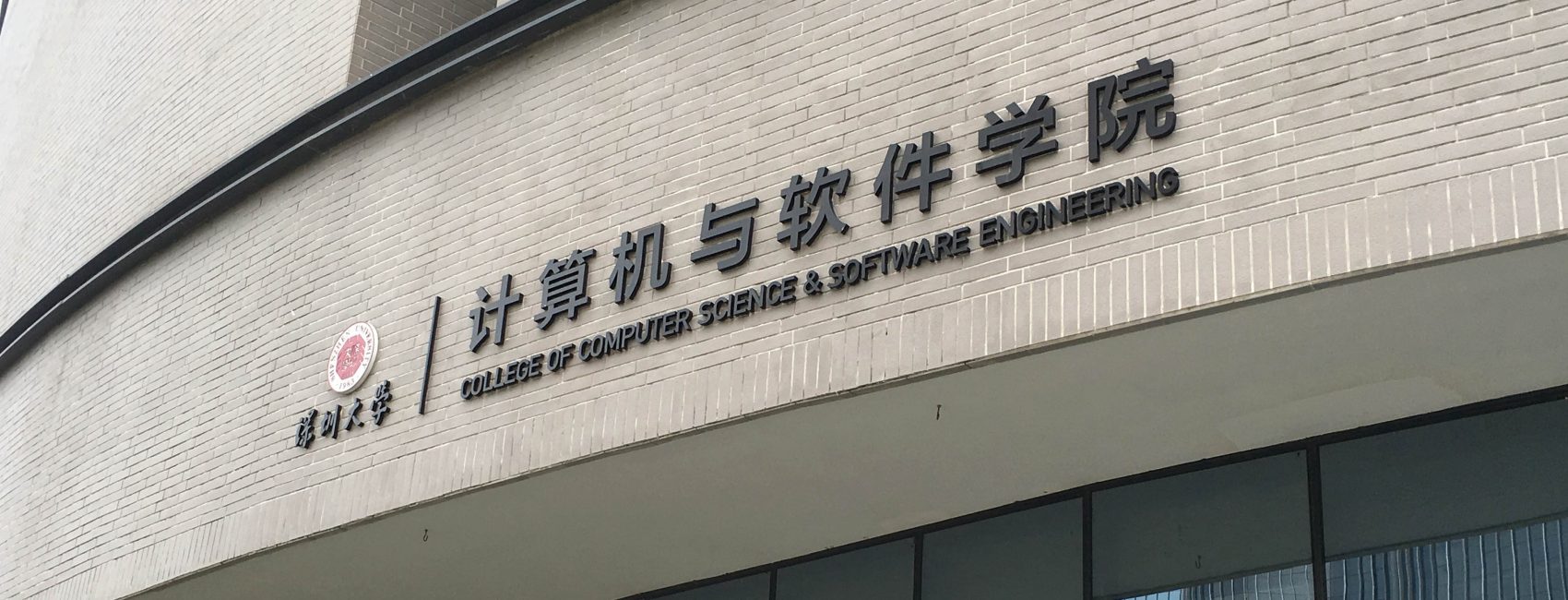Invited Sessions
| Session Name | Organizers |
| Advanced Battery Management and Control in Autonomous Mobile Robots | Guangzhong Dong Yujie Wang Zhongbao Wei Weiji Han |
| Bioinspired Mechatronics of Intelligent Unmanned Systems | Wei He Zhijun Li Gianluca Antonelli Okyay Kaynak Toshio Fukuda |
| Underwater Robotic Systems | Lei Cai Zhenxue Chen Lan Wu |
| Open Challenges and State-of-the-Art in Advanced Control of Medical Robot Applications | Hang Su Jing Guo Bo Xiao Yue Chen Elena De Momi |
| Human-Machine Systems for Automated Driving | Chao Huang Yahui Liu Xiaoxiang Na Chen Lv |
| Advances in Multi-Scale Bioinspired Robotics | Tiantian Xu Li Zhang |
| Fast Neural Perception and Learning for Intelligent Vehicles and Robotics | Zhijun Zhang Jia Pan Changhong Fu Jianyu Yang Jie Cao Haifei Zhu |
Advanced Battery Management and Control in Autonomous Mobile Robots
Mobile robots are emerging as the backbone of numerous industrial and civilian systems where human intervention is deemed risky. Their performance and reliability rely heavily on the battery management and control. Inaccurate modeling and estimation of battery behaviors may result in inappropriate battery operation, such as premature battery failures and degradation. These factors may in turn lead to immobilization of the robot during the mission. In recent decades, advanced battery management and control has attracted considerable attention from various communities. However, battery management in mobile robots has not drawn sufficient attentions and is typically addressed by setting simple battery operating thresholds. Consequently, no risk evaluation of the battery depletion has been considered during the charge scheduling. This invited session aims at attracting researchers and engineers whose scientific interests reside in the management and control of lithium-ion batteries, with special application in autonomous mobile robots. The main objective is to provide timely solutions and technical merits for the management and control of batteries in mobile robots.
Topics of interest will be focused on, but not limited to:
- Modeling, estimation, control, and optimization for lithium-ion batteries;
- Evaluation and prediction of risks of battery depletion for mobile robots;
- Battery health/ageing modeling, diagnosis and prognostics;
- Battery charge scheduling in autonomous mobile robots;
- Optimal, fast, health-aware charging, balancing control, etc;
- Failure detection and fault tolerance control in battery management;
- Application of machine learning and artificial intelligence on battery management and control issues;
This invited session is sponsored by the IEEE International Conference on Advanced Robotics and Mechatronics (ICARM), 2020.
Organizers
- Guangzhong Dong, Chalmers University of Technology, Email:gzdong@ieee.org
- Yujie Wang, University of Science and Technology of China, Email:wangyujie@ustc.edu.cn
- Zhongbao Wei, Beijing Institute of Technology, Email: weizb@bit.edu.cn
- Weiji Han, Chalmers University of Technology, Email: weiji.han@chalmers.se
Bioinspired Mechatronics of Intelligent Unmanned Systems
With the recent growth in the application areas of unmanned systems, we are faced with a need for mechatronic systems that are capable of accomplishing complicated missions. On the other hand, the design and implementation of bioinspired mechatronic systems is one of the most challenging tasks in unmanned systems since they often have to operate under diverse and difficult environmental conditions. The subject has therefore received increasing attention in recent years, due to the growing demands both from industry and military. For this reason, the conception, the development and the implementation of mechatronic systems with higher levels of intelligence than of todays have become urgent issues.
Topics explored in this focused section will include, but are not limited to:
- Bioinspired mechatronics systems for intelligent unmanned systems
- Precise positioning/tracking control of intelligent unmanned systems
- Mechatronic system design and implementations for intelligent unmanned systems
- Sensing and control systems for intelligent unmanned systems
- Optimizations for intelligent unmanned systems
- Intelligent unmanned systems in social applications
- Intelligent unmanned systems in healthcare
- Intelligent unmanned systems in industrial applications
- Intelligent unmanned systems in military
- Modeling and identification for intelligent unmanned systems
- New applications of bioinspired mechatronics in intelligent unmanned systems
Guest Editors
- Wei He, University of Science and Technology Beijing, China, Email: weihe@ieee.org
- Zhijun Li, University of Science & Technology of China, China, Email: zjli@ieee.org
- Gianluca Antonelli, University of Cassino and Southern Lazio, Italy, Email: antonelli@unicas.it
- Okyay Kaynak, Bogazici University, Turkey, Email: okyay.kaynak@boun.edu.tr
- Toshio Fukuda, Nagoya University, Japan, Email: Fukuda@mein.nagoya-u.ac.jp
Target imaging and reinforcement under complex scenes for robotic systems
This Special Collection mainly focuses on target imaging under complex scenes and reinforcement via deep learning for robotic systems, addressing both original algorithmic development and new applications of target imaging under complex scenes. This Special Collection invites original papers presenting innovative ideas and concepts, new discoveries and improvements, and novel applications in the selected topics.
Guest Editors
- Lei Cai, Henan Institute of Science and Technology, Email: cailei2014@126.com
- Zhenxue Chen, Shandong University, Email: chenzhenxue@sdu.edu.cn
- Lan Wu, Henan University of Technology, Email: richod@126.com
Robotic technologies have revolutionized medical applications over the past few decades by introducing robotic systems in various medical procedures. However, the deployment and integration of robots in the medical operation has been hampered by issues such as limited sensory perception, safety concerns, and situational awareness for the human user, and having to operate in an unconstructed environment like in operation room or house living room. The development and design of novel control strategies are required to solve these challenges. By linking the clinical requirements considered with the capabilities of state-of-the-art robotic technologies, this invited session aims to bring together researchers, industry engineers, and scientists of different backgrounds and provide an opportunity to discuss solutions for designing control strategies and control software implementation for medical robot applications.
Open Challenges and State-of-the-Art in Advanced Control of Medical Robot Applications
Topics explored in this focused section will include, but are not limited to:
- Evaluation methods and new methodologies for medical robot applications
- Image-guided control and visual processing for medical system
- Dynamics models and dynamics based controller design for medical robots
- Stability, disturbance rejection, and robustness in clinical applications
- Cooperative or semi-autonomous control of medical robots
- Motion planning for surgical operative procedures
- Social, ethical and aesthetic issues in the medical applications
- Advanced biomedical signal processing
- Human-computer interaction for biomedical applications
- Device-free localization in medical application
- Robot-assisted rehabilitation/surgery robotics and diagnostics
- Multi-modal based bio-signal processing and pattern recognition
- Sensor-fusion in biomedical systems
- Intelligent wearable and assistive medical devices
- Advanced control algorithm for medical robot control
Organizers:
- Hang Su, Politecnico Di Milano, Italy. Email:hang.su@polimi.it
- Jing Guo, Guangdong University of Technology , China. Email:toguojing@gmail.com
- Bo Xiao, Imperial College London, UK. Email:b.xiao@imperial.ac.uk
- Yue Chen, University of Arkansas, Fayetteville, USA. Email:yc039@uark.edu
- Elena De Momi, Politecnico Di Milano, Italy. Email:elena.demomi@polimi.it
Human-Machine Systems for Automated Driving
Technical Outline of the Session and Topics:
Before realizing fully autonomous driving, highly automated vehicles will play a significant role in the development of vehicle intelligence technologies. Highly automated driving presents an exciting new development in vehicle technology, however, in the meantime it poses a new challenge, namely how to ensure a safe, smart, and smooth interactions between human driver and automation functionality. Therefore, a better understanding of the interaction between human driver and automation system becomes a key issue to the realization of effective and efficient driver-automation collaboration for automated driving.
The special session aims to provide up-to date research concepts, theoretical findings and practical solutions that could help implement the interactions between human and automation for connected automated vehicles.
Topics of interest include, but are not limited to:
- Human interaction with vehicle automation
- Human acceptability of, preference for, and adaption to vehicle automation
- Human-automation shared control
- Advanced Driver Assistance Systems (ADAS)
- Human-machine interface and modalities for automated vehicles
- Human cognitive and actuation behaviors
- Decision making, path planning and control for autonomous vehicles
- Vision, localization and navigation technologies for autonomous vehicles
- Connected Automated Vehicle (CAV) technologies
Advances in Multi-Scale Bioinspired Robotics
Bioinspired robots that can effectively convert diverse energy sources into movement and force represent a rapidly emerging and fascinating robotics research area. This allows for novel design of bioinspired robotics powered by magnetic field, chemical gradient, optical, biomass and new modeling techniques. By advance modeling techniques and automatic manipulation capabilities, their motion or manipulation can be fully understood by researches. One of the challenges in bioinspired robotics has been to develop automatic systems that are capable of accomplishing precise and reliable manipulation. This workshop focuses on the development of multi-scale bioinspired robots, not just as robotic systems implementing solutions inspired by nature, but as platforms for biological studies: building a bioinspired robot allows thoroughly understanding the biomechanics, control, perception, and behavior of the reference living system. All in all, this workshop aims to bring together some young and leading researchers to discuss their latest works in advances in multi-scale bioinspired robotics and enhance collaborations in the corresponding research fields.
Organizer:
- Tiantian Xu,Institute of Advanced Technology, Chinese Academy of Sciences
- Li Zhang,The Chinese University of Hong Kong
Fast Neural Perception and Learning for Intelligent Vehicles and Robotics
Recently, intelligent perception and learning techniques have obtained wide attention in the areas of autonomous vehicles and robotics. The goal is that the robots and vehicles can learn/adapt its surrounding environment via multiple types of sensors (such as optical, vision or acoustic sensors) to conduct different tasks with intelligent learning approaches.
Among many intelligent learning approaches, neural networks (NNs), especially recently-proposed real-time computation, or light-weight NNs, such as convergent differential neural networks, Li-NNs, et al., have gained a series of success across various areas including image, lidar, decision-making as well as user-interaction data. However, there are still many intriguing research problems, such as accuracy and robustness under uncertainties, learning efficiency for real robotic environment. Compared to traditional methods, these new kinds of neural networks are able to gain efficiency and prove to achieving real-time performance by parallel computing and strong processing power.
This workshop will bring together participants from academia and industry alike to share advancements and new technologies in the field of intelligent vehicles and robotics. The attendees of this workshop will be introduced to fast neural perception and learning from academic experts in the field. Experts from the industry will explain the current needs in intelligent vehicles and robotics, which will inspire researchers with challenges drawn from real use case scenarios. Experts from the academia will bring the latest advancements in the field, providing potential new solutions to real problems. The organizers and the invited speakers of this workshop have a multidisciplinary background that will stimulate interesting discussions, promote the cross-fertilization of ideas and encourage future collaborations.
Topics of interest:
- NNs construction for intelligent perception
- Neural network modeling and/or optimal control
- New theory on various neural networks
- NNs for decision-making
- Online learning via neural networks
- End-to-end learning system for sensing and control
- Novel vehicles and robotics applications and benchmarks
- Autonomous robotics with neural networks
- Visual simultaneous localization and mapping (V-SLAM) with neural networks
- Visual tracking via neural networks
- Visual perception of motion and interaction
- Scene perception and segmentation with neural networks
Organizers:
- Zhijun Zhang, School of Automation Science and Engineering, South China University of Technology, Guangzhou 510640, China Email: auzjzhang@scut.edu.cn Tel: +86 15521375369
- Jia Pan, Computer Science Department, University of Hong Kong, Hong Kong, China Email:
- Changhong Fu, School of Mechanical Engineering, Tongji University, Shanghai 201804, China. Email: changhongfu@tongji.edu.cn
- Jianyu Yang, School of Rail Transportation, Soochow University, Suzhou, 215100, China. Email: jyyang@suda.edu.cn
- Jie Cao, School of optics and photonics, Beijing Institute of Technology, Beijing, 100081, China. Email: caojie@bit.edu.cn
- Haifei Zhu, School of Eletromechanical Engingeering, Guangdong University of Technology, 510006, China. Email: hfzhu@gdut.edu.cn
 跳转到内容
跳转到内容 




